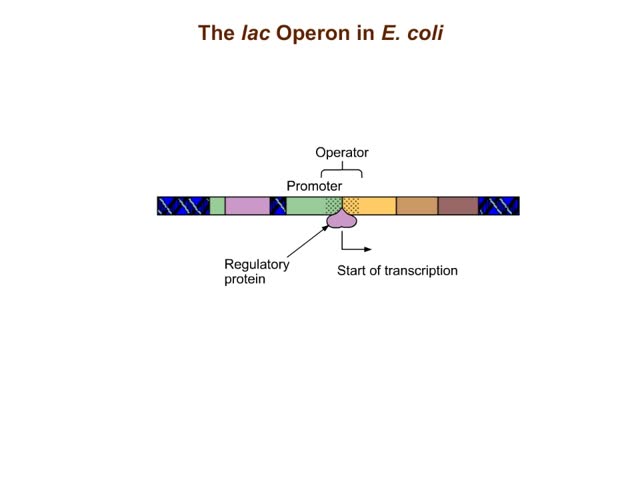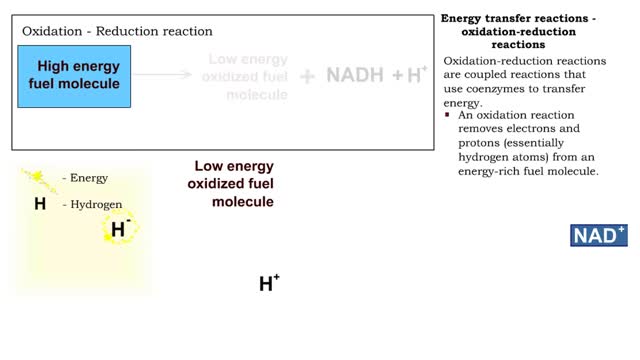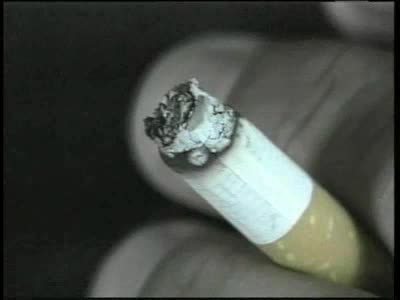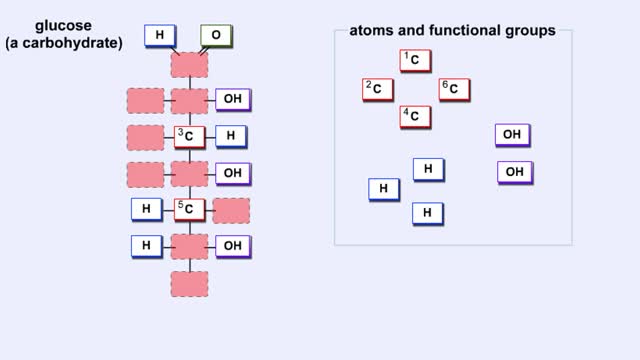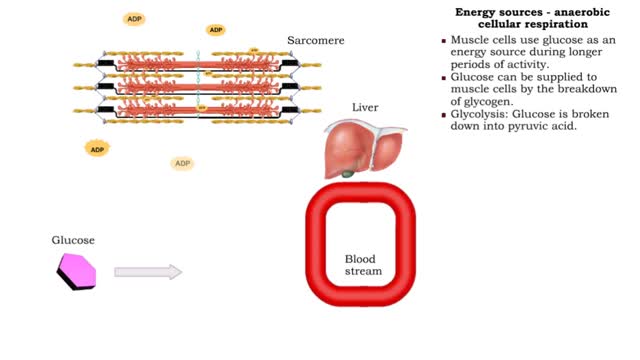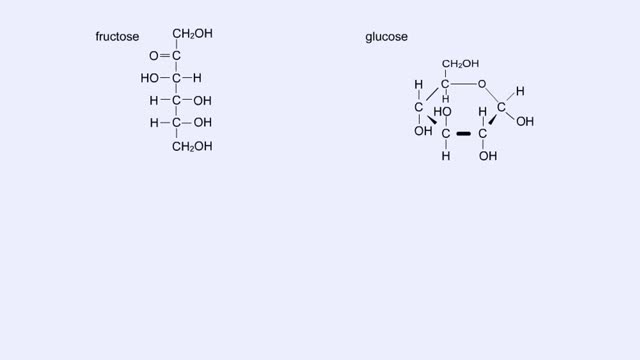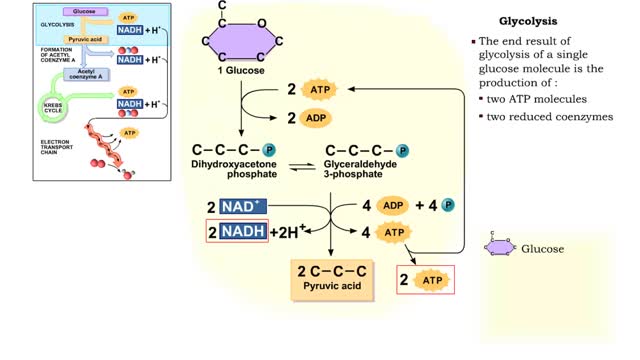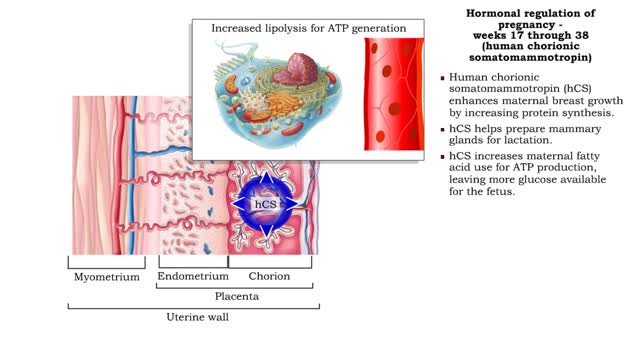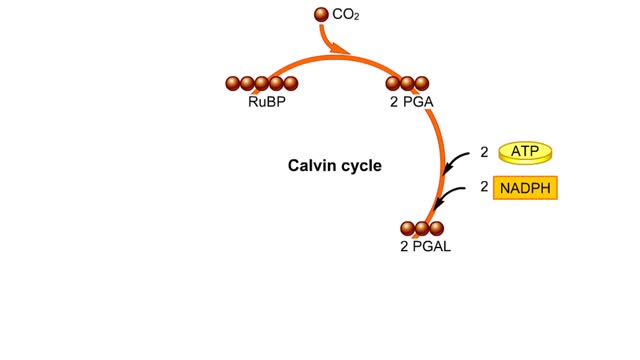Search Results
Results for: 'Steps of glucose catabolism'
By: Administrator, Views: 15158
The lac operon (lactose operon) is an operon required for the transport and metabolism of lactose in Escherichia coli and many other enteric bacteria. Although glucose is the preferred carbon source for most bacteria, the lac operon allows for the effective digestion of lactose when glucose is no...
Types of energy transfer reactions: oxidation-reduction reactions and ATP generation reactions
By: HWC, Views: 11666
■ Metabolism balances anabolic and catabolic reactions. ■ Anabolism is energy transfer from ATP to simpler molecules in order to build them up into larger, more complex molecules. ■ Catabolism is breaking down larger, more complex molecules, usually to transfer energy from them in order...
By: Administrator, Views: 14221
Cancer refers to any malignant tumor. Incidence of cancer is five times higher than 100 years ago. Strikes 1 of every 3 Americans. Has become one of the more treatable of the major diseases in the U.S. Highly advanced surgical techniques Chemotherapy and radiation therapy Immunotherapy and ...
What Are Carbohydrates? Importance of Carbs & High Carb Food
By: HWC, Views: 11183
We hear a lot about carbohydrates in the news. Everybody seems to be on a low-carb diet. The news media often has stories on this diet fad, and companies are busy producing products with reduced carbohydrates. What's this fascination with carbohydrates? In a word: "Diet." The fact is that carb...
By: HWC, Views: 11228
• The amount of ATP stored in a skeletal muscle cell can only provide muscular activity for two to three seconds. • Muscle cells must be able to generate additional molecules of ATP to continue contracting. • Muscle cells can generate ATP from several processes: • Phosphogen syste...
By: HWC, Views: 10797
Here are the molecular structures of three simple sugars: glucose, ribose, and fructose. Look at these simple sugars and identify what characteristics they all share. As you can see, all of the carbohydrates have carbon, hydrogen, and oxygen in a ratio of 1:2:1 and there is always a double bo...
By: HWC, Views: 11362
The first reactions involve a single 6-carbon glucose sugar undergoing phosphorylation using two ATP molecules and resulting in two 3-carbon compounds. • The rest of this pathway involves an oxidation reduction reaction, forming two reduced coenzymes, and generation of four ATP molecules. ...
Hormonal regulation of pregnancy - weeks 17 through 38
By: HWC, Views: 11276
• Estrogens increase uterine blood flow, maintaining the endometrium during pregnancy. • High levels of estrogen and progesterone inhibit the synthesis of milk. Progesterone inhibits myometrial contractions of the uterus to prevent premature birth. • Relaxin inhibits myometrial contract...
By: HWC, Views: 10860
he light-independent reactions make sugars by way of a cyclic pathway called the Calvin cycle. The cycle begins when rubisco attaches a carbon from carbon dioxide to ribulose bisphosphate. The molecule that forms splits into two molecules of PGA. Each PGA gets a phosphate group from ATP a...
Advertisement



